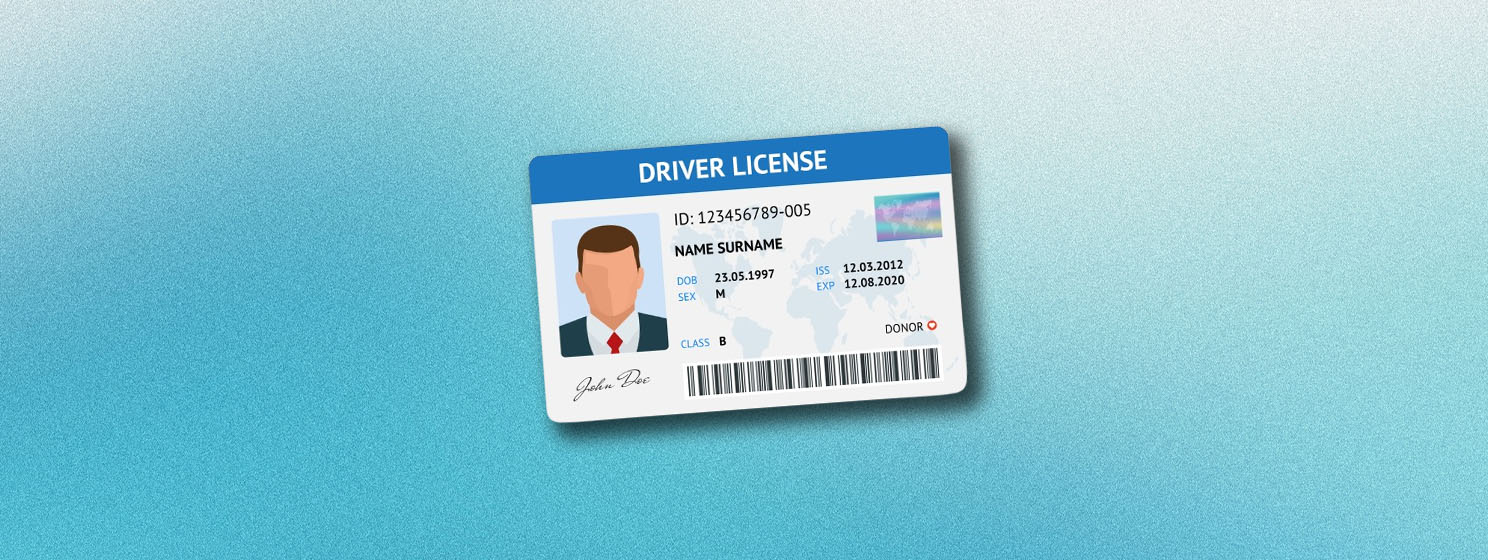|
Getting your Trinity Audio player ready...
|
On March 25, the European Commission confirmed that an EU digital driving license is coming.
The Commission announced that the EU Parliament and Council had given the green light to the initiative, spelling out the details on social media platform X and in a related blog post.
The licences will be valid in all EU countries and will replace physical licences with a mobile-based digital version. The aim is to standardize licensing across the Union and to make issuance and replacement easier.
The announcement immediately sparked a backlash from privacy advocates concerned about government overreach and control.
Digital IDs need to live on public blockchains
The main concern those against digital IDs have is that governments could target political dissidents and seek to monitor and control citizens. This isn’t an ill-founded fear—in the 20th century, Europe experienced brutal dictatorships of both the fascist and communist varieties. Had digital IDs existed then, escaping or hiding one’s identity from authorities would have been impossible.
Yet, the control many fear is only possible if governments control the databases and systems through which digital IDs are issued. If IDs were issued by trusted third parties such as notaries and minted as non-fungible tokens (NFTs) on scalable public blockchains, the most worrisome forms of political and economic control would be impossible.
This all comes down to the way public blockchains work. As distributed databases, they aren’t controlled by any single entity; nodes control the network, and anyone capable of running one is free to do so, provided they abide by the basic rules of the network.
Network nodes and overlay networks store data or cryptographic hashes of data, so it would be impossible for a single entity to delete someone’s identity, covertly track them, or change the attributes of an identity without consensus. Using the example of European driving licences, a license could be revoked, but only with proper legal documentation showing an offence to justify it. In short, a court order would be required before nodes comply.
Combining blockchain-based digital IDs with privacy technology like zero-knowledge proofs enables citizens to confirm their details without exposing any other information. For example, a European driver could confirm her license is valid without giving any details such as her name, address, date of birth, etc, unless specifically requested to do so.
But wait, there’s more!
Blockchain-based IDs don’t only address the fears of privacy advocates and those concerned about the growing power of the surveillance state in the digital age. They offer a host of benefits that even paper IDs do not:
Data Sovereignty – Holders of blockchain ID cards could maintain control over the data linked to them. One of the biggest fears about digital IDs is the ability of governments and others to track the holder. Blockchain-based ones enable holders to control who has access to their data and even give them opportunities to monetize it.
Provable Records – Public blockchains like BSV feature immutable, time-stamped records on the ledger. Each interaction with the blockchain is etched in stone, and data can be attached to records.For example, Jane’s digital driving license could be linked to her vehicle, enabling her to access it with her phone. She could also link her academic qualifications, birth and marriage records, voter registration, and more.
Enhanced Security – Because all of these records would be a) encrypted and b) cryptographically signed by relevant authorities to prove authenticity, Jane’s data would be much more secure and under her control. If she has a digital driving license proving her identity, she could easily prove anything else about herself without chasing down records from inefficient bureaucracies.
Furthermore, given the distributed, secure nature of blockchains and overlay networks linked to them, stealing her data would be extremely difficult, and any breaches could be detected instantly.
Ease and Convenience – The data linked to Jane’s digital ID only scratches the surface. In addition to saying goodbye to time-consuming interactions with inefficient bureaucracies, Jane could also use her ID to access all kinds of services, from healthcare to online subscriptions.
If her ID was linked to a digital wallet containing digital cash, Jane could pay for goods and services, such as instantly bypassing paywalls with micropayments, transferring funds to others, and even paying for items on Amazon (NASDAQ: AMZN) or Temu.
Scalable public blockchains can mitigate the worst tradeoffs
As with everything else, digital identities have tradeoffs. I’ve listed some of the positives above, but there will also be drawbacks, such as potential data exposure, adoption and integration challenges, ethical concerns, and others.
However, scalable public blockchains like BSV can help address the worst fears and concerns of those opposed to digital IDs. At 1 million transactions per second and with fees of fractions of a cent, it could more than handle the transactions and interactions a digital ID system would require at scale.
While there will still be an issuing authority, and there’s no way to entirely do away with traceability in the digital age, digital IDs like the European driving license should exist on decentralized networks if they’re going to exist. This way, no single entity has full control, and proper legal procedures must be followed to update records. Better yet, everything will be interoperable rather than a digital version of the walled gardens and fragmented government databases we are used to today.
Watch: It’s time for corporates to turn to public blockchain solutions
Recommended for you
British lawmakers of the parliamentary national security committee have called for a temporary ban on political parties receiving donations in
Circle (NASDAQ: CRCL) soared in 2025 thanks to U.S. ‘regulatory clarity,’ but can this momentum survive a ban on crypto

 02-27-2026
02-27-2026 




